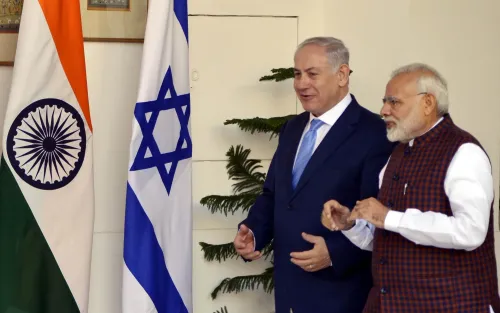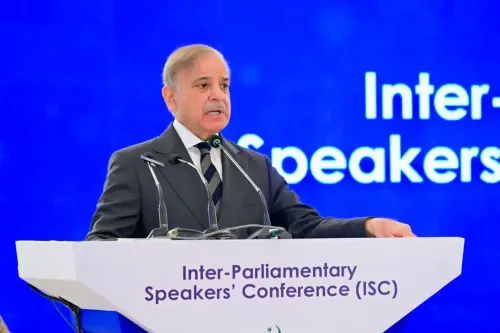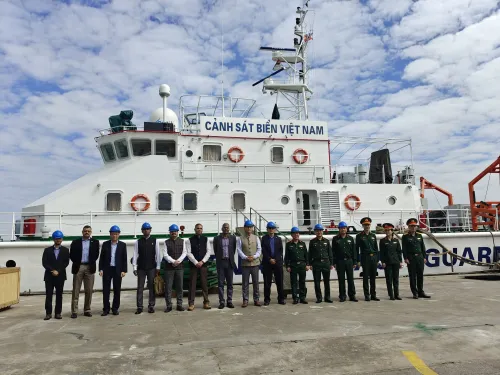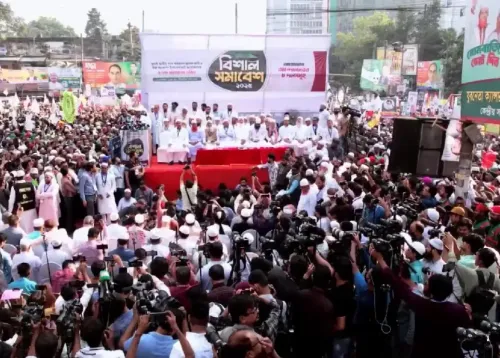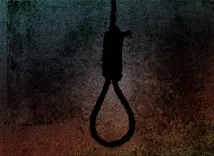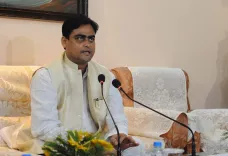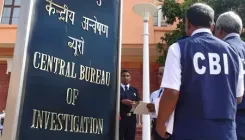Nepal Medical Association Initiates Boycott of Non-Emergency Healthcare Services
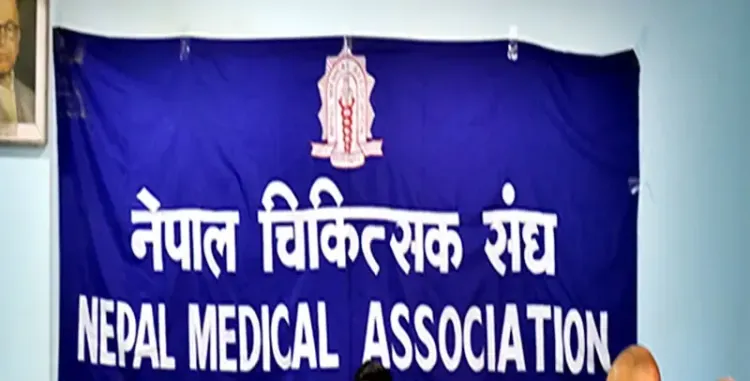
Synopsis
Key Takeaways
- The NMA initiated a boycott affecting non-emergency services.
- The strike is in support of resident doctors seeking equal allowances.
- Protests were staged in Kathmandu against labor exploitation.
- The Medical Education Commission's decisions remain unimplemented by private colleges.
- Minister Paudel supports the doctors' demands.
Kathmandu, April 25 (NationPress) The Nepal Medical Association (NMA) declared a nationwide boycott of all medical services, with the exception of emergency and intensive care, at both private and government hospitals, medical colleges, and clinics throughout the country on Friday.
This action will impact tens of thousands of ill individuals in Nepal, depriving them of necessary medical attention, as reported by local media.
The association's decision is in solidarity with resident doctors pursuing MD/MS degrees at private institutions, who have been advocating for allowances that are equal to those provided by government-owned colleges.
Numerous local reports indicated that medical professionals organized a demonstration on Thursday at Maitighar in Kathmandu, surrounding district administration offices.
The protest was called by the Nepal Doctors’ Association, which claims that they have not received allowances as per government decisions and are experiencing labor exploitation.
Previously, the 16th meeting of Nepal's Medical Education Commission, chaired by Prime Minister KP Sharma Oli, took place following protests and a boycott of non-emergency services by postgraduate student doctors in February.
During this meeting, it was determined that allowances for postgraduate students from private medical colleges would be aligned with those from government institutions.
However, private medical colleges have resisted implementing the commission's decisions, arguing that they cannot afford to raise salaries and are not legally obligated to comply.
“The labor exploitation of resident doctors by private medical colleges must cease, and we oppose any form of labor exploitation. We have been demanding adherence to the decision made during the Medical Education Commission meeting led by the Prime Minister,” stated Dr. Shesh Raj Ghimire, coordinator of the Safe Workplace Struggle Committee for Health Workers.
In the meantime, NMA representatives and the protesting doctors met with Nepal’s Health Minister Pradip Paudel. The Minister voiced his support for the doctors’ demands, as reported by The Kathmandu Post.
“Minister Paudel reaffirmed the government's commitment to enforce the decisions from the 16th meeting of the Medical Education Commission. However, resident doctors require stipends comparable to those of government-owned colleges, not just the minister’s assurances,” remarked Anil Bikram Karki, the association's President.

